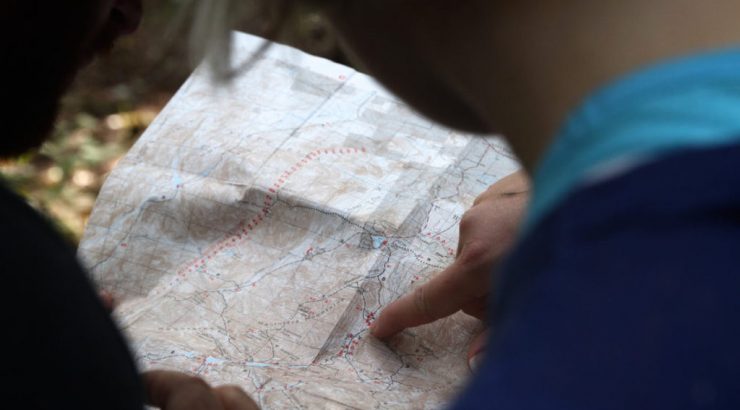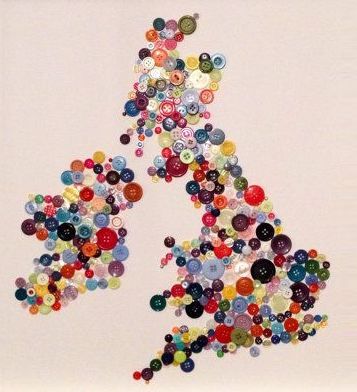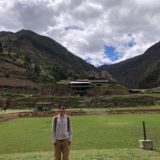
Museum Sleuths Hunting History in the U.K.
April 17, 2020

Dr. Jamie Larkin (CCI, Co-author on the Mapping Museums Project)
What does it mean to be a museum detective? Dr. Jamie Larkin (Creative & Cultural Industries) and a multidisciplinary team of researchers out of Birkbeck, University of London, have spent over four years uncovering and charting the museum landscape in the United Kingdom.
Comprising about 3,200 museums, the U.K. museum sector is especially unique in its culture of smaller, amateur independently-operated niche museums that don’t typically show up in national databases. The Mapping Museums project aims to bring these into the light alongside better-known institutions like the British Museum or the National Gallery.
“In today’s society, museums are evermore important,” says Larkin. “When we have all these things in our daily lives demanding our attention and time, museums are a place where we can be in a space that asks us to engage in a very deliberate and concentrated way. We founded the Mapping Museums project to preserve the memory of and refocus our attention on these spaces.”

The Mapping Museums project is an online database compiling every museum in the U.K. from 1960 to 2020, with subject areas ranging from the classical to the peculiar. A research team composed of computer scientists, data analysts, geographers, and art historians then analyze this data, painting a clearer picture of the development of the modern U.K. museum sector. Larkin was an initial researcher and continues as a co-author in the project doing much of the work thousands of miles away at Chapman.
“Over the course of the project my role became sort of a museum detective, trying to work out when the museum opened, what the museum subject matter was, and where the museum was,” said Larkin.
 Larkin’s detective work involved a lot of archival research, emails, phone call interviews with museum directors, patrons, visitors –– anybody who might have been associated with museums –– and online sleuthing. Several of Larkin’s fellow researchers even took to driving across Great Britain to confirm the existence of these suspected museums.
Larkin’s detective work involved a lot of archival research, emails, phone call interviews with museum directors, patrons, visitors –– anybody who might have been associated with museums –– and online sleuthing. Several of Larkin’s fellow researchers even took to driving across Great Britain to confirm the existence of these suspected museums.
Unfortunately, these smaller museums are threatened by today’s global lockdown. Mapping Museums has already begun examining the implications of the worldwide pandemic on museums – particularly the smaller niche museums.
“The magnitude of this crisis will undoubtedly cause some museums to close permanently,” Larkin wrote in a Mapping Museums blog on museum resilience amid closures.
Museum vulnerability is something to keep in mind as we continue into social isolation. It is important to help these smaller museums around the world that lack the financial backing of more renowned museums. Larkin and his team hope that their project help garner attention and support for museums during this time.
According to Larkin, people can help by visiting museum websites and donating to their fundraisers. Even just visiting the site or talking about the museum on social media can provide leverage for these museums to gain funding down the road, preserving these cultural gems for future generations.

